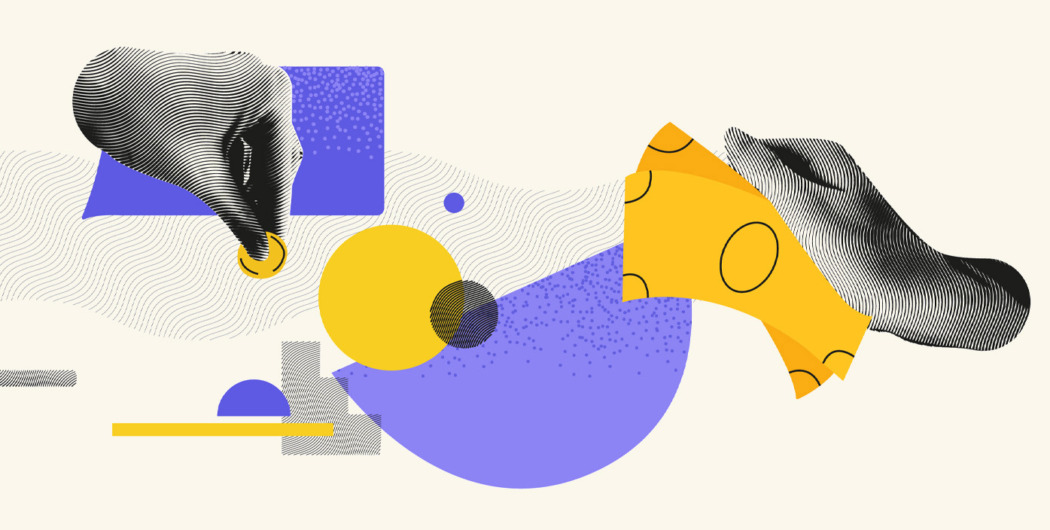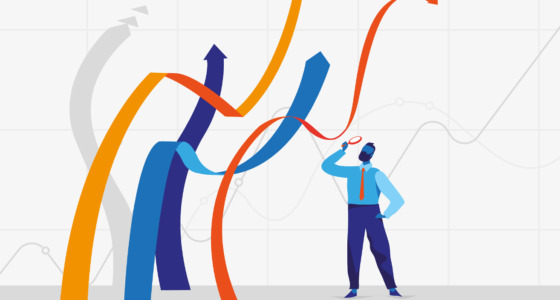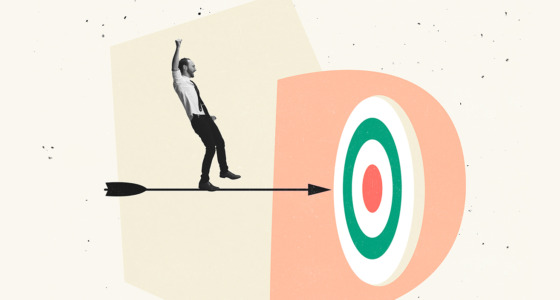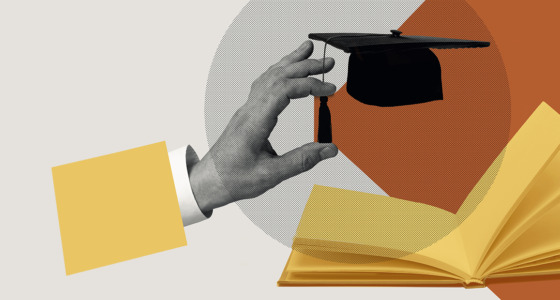

You probably have a lot of questions if you’re considering becoming a trader. This article will answer some of them and put you on the right track.
Before asking “how,” ask “why”
Before searching for how to start trading online for beginners, you should determine what you want to get out of it. Most beginners are looking for a way to build financial literacy. They want to generate additional income, which trading can possibly offer. But aspiring traders should also be prepared for a lot of work.
Back in the “floor trader days,” trading was a lot more demanding. Fun fact: when stock exchanges were full of people and loud, frantic yelling, traders were using all sorts of tricks to get a competitive advantage. On the floor, being noticeable was essential. So, some traders wore high heels to be loud and tall. This led to several injuries, after which the Chicago Stock Exchange introduced restrictions on the maximum height of soles and heels.
These days, retail trading is done electronically, so you don’t have to worry about injuries on the exchange floor. What you should consider, though, is the difficulty of navigating complex financial markets. Figure out your reasons for trading and see if they are enough to justify the risks.
How to choose the right type of assets
No matter what asset you choose, the goal of trading stays roughly the same — to speculate on the price difference and predict the potential for the asset’s growth or decline. But there are big differences in how different markets operate, which you need to consider before choosing trading assets.
1. Stocks
Historically, stocks have outperformed some of the most popular types of investments — fixed deposits, insurances, bonds, or commodities like gold, silver, petroleum, etc. So, stocks give you more than just a fraction of ownership that you can sell for a higher price. They open up numerous opportunities to diversify — international enterprises, hidden gems, later-stage startups, etc.
2. Stock indices
The stock market as a whole is designed to go up over time, even when certain stocks go down. So, you can trade composite indices that provide exposure to an entire economy or sector at once (plus, the risk is generally lower than trading individual stocks).
3. ETFs
Exchange-traded funds are a more affordable option for those who want to trade indices. These assets follow the composition of the target index and reflect its price dynamics.
4. Currencies
Currency trading allows you to potentially capitalize on the changes in exchange rates. If you’re after bigger gains, you can also trade on credit issued by the broker, which is called leverage. Just keep in mind that leverage also increases risk.
5. Cryptocurrencies
Similar to fiat currency trading, crypto trading aims to speculate on the price difference between two currencies. Compared to the stock market, the crypto market is much more dynamic and unpredictable. Be prepared for an emotional ride fueled by rapid price increases and sudden changes in the exchange rates.
6. CFDs
Contracts for differences can be concluded on almost any financial instrument. When you buy CFDs, you don’t receive the ownership of the underlying asset (hence, no perks like dividends). But you get to speculate on these underlying assets with lower capital requirements.
How to analyze markets

After you choose your assets, you need to learn how to analyze them. Most of the time, you’ll be jumping back and forth between two methods of examining financial assets:
- In fundamental analysis, you’ll be looking at internal and external factors that determine the intrinsic value of an asset and affect its current trading price (which can be higher or lower than the fair market value). For example, you’ll need to examine events in the global economy, actions of retail and institutional traders, and, if you’re trading stocks, the financial stability of the company.
- In technical analysis, you learn to track the patterns of changes in asset prices by leveraging certain techniques and strategies. Technicians believe that all the relevant market information is reflected in the price chart, except for shocking news.

How to make trades on an online trading platform
After covering all the essentials, you’re ready to learn how to start trading online using a trading terminal:
1. Choose a broker or trading platform
In order to trade on exchanges (stock, crypto, etc.), you need an intermediary – a broker or trading platform. Brokers handle all legal, technical, and financial issues in exchange for a percentage of each transaction.
When choosing a company, pay attention to the license (specifically, for your country and region), the company’s reliability as rated by independent agencies, the number of active client accounts, and turnover on the exchanges.
2. Open a demo account
Trading takes place through special software – terminals. To become more equipped to handle trading, you need to practice on a trading account first. A demo account gives you the opportunity to explore all the terminal’s functions without risking real funds.
3. Make a transaction
When you upgrade to a live trading account, don’t enter random positions just because they seem fun. Follow your trading plan and strategy. The make a trade:
- Click on the “New Order” button on the toolbar (the location might vary depending on the terminal).
- Enter the desired quantity and order type.
- Confirm the transaction.
Conclusion
Before you start trading and putting your capital at risk, you need to understand whether trading is right for you. You know your capabilities better than anyone else, so no one can answer this for you. If you decide to start trading, start small, keep practicing, and slowly gain momentum.








